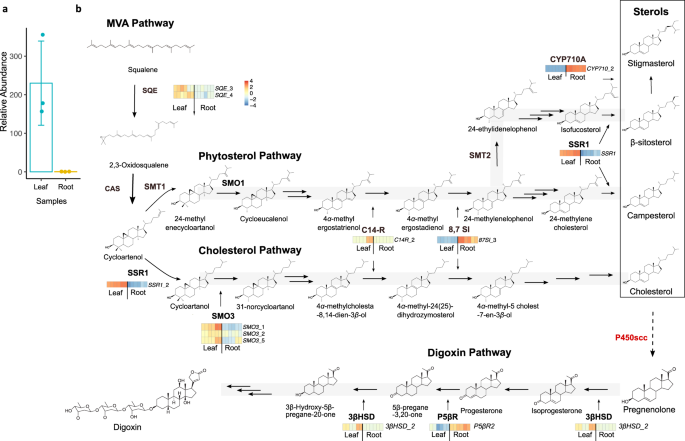2023-07-14 ミシガン大学

◆IARCは一部の研究に基づき、がんリスクが増加しているとしてアスパルテームを「発がん性がある可能性がある」と分類しましたが、一貫した証拠が不足しているため、最も高いリスクカテゴリーである発がん物質には指定しなかった。
◆一方、JECFAはアスパルテームの摂取量の現状を変更する証拠が不十分として、現行の推奨摂取量は安全であるとの結論を出しました。この結果により、アスパルテームを含む製品への消費者や愛用者の不安が増しています。
<関連情報>
- https://news.umich.edu/aspartame-and-cancer-a-toxicologists-take/
- https://www.thelancet.com/journals/lanonc/article/PIIS1470-2045(23)00341-8/fulltext
アスパルテーム、メチルオイゲノール、イソオイゲノールの発癌性
Carcinogenicity of aspartame, methyleugenol, and isoeugenol
Elio Riboli,Frederick A Beland,Dirk W Lachenmeier,M Matilde Marques,David H Phillips,Eva Schernhammer,Abdul Afghan,Ricardo Assunção,Giovanna Caderni,J Christopher Corton,Gisela de Aragão Umbuzeiro,Daphne de Jong,Melanie Deschasaux-Tanguy,Allison Hodge,Junko Ishihara,Dan D Levy,Daniele Mandrioli,Marjorie L McCullough,Sarah A McNaughton,Takeshi Morita,Anne P Nugent,Kumiko Ogawa,Arun R Pandiri,Consolato M Sergi,Mathilde Touvier,Luoping Zhang,Lamia Benbrahim-Tallaa,Shirisha Chittiboyina,Danila Cuomo,Nathan L DeBono,Charlotte Debras,Aline de Conti,Fatiha El Ghissassi,Emma Fontvieille,Rhea Harewood,John Kaldor,Heidi Mattock,Elisa Pasqual,Gabrielle Rigutto,Hannah Simba,Eero Suonio,Susana Viegas,Roland Wedekind,Mary K Schubauer-Berigan,Federica Madi
The Lancet Oncology Published:July 13, 2023
DOI:https://doi.org/10.1016/S1470-2045(23)00341-8
In June, 2023, a Working Group of 25 scientists from 12 countries met at the International Agency for Research on Cancer (IARC) in Lyon, France, to finalise their evaluation of the carcinogenicity of aspartame, methyleugenol, and isoeugenol. Aspartame was classified as “possibly carcinogenic to humans” (Group 2B) based on “limited” evidence for cancer in humans. There was also “limited” evidence for cancer in experimental animals and “limited” mechanistic evidence. Methyleugenol was classified as “probably carcinogenic to humans” (Group 2A) based on “sufficient” evidence for cancer in experimental animals and “strong” mechanistic evidence, including studies in humanised mice and supported by mechanistic studies in exposed humans. Isoeugenol was classified as “possibly carcinogenic to humans” (Group 2B) based on “sufficient” evidence for cancer in experimental animals. For both methyleugenol and isoeugenol, the evidence regarding cancer in humans was “inadequate”, as no epidemiological studies were available. These assessments will be published in Volume 134 of the IARC Monographs.1 Immediately following IARC’s meeting on cancer hazard identification, the Joint FAO/WHO Expert Committee on Food Additives (JECFA) conducted a risk assessment exercise, including a review of the acceptable daily intake of aspartame. A summary of these results has been published.


